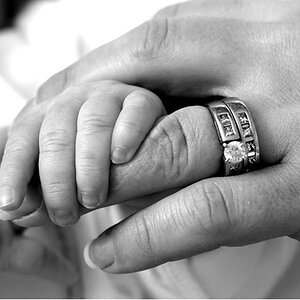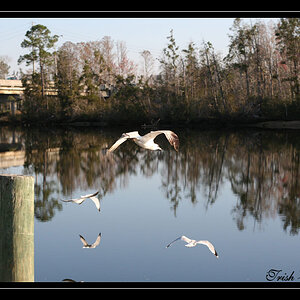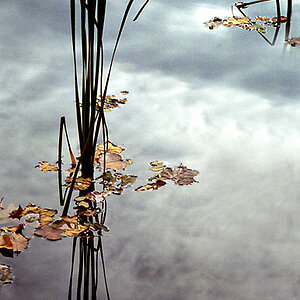Naturegirl
TPF Noob!
- Joined
- Mar 8, 2006
- Messages
- 64
- Reaction score
- 0
Not sure if this belongs in beginner's area, but I'm still a newbie and don't spend nearly the time here I should....and I'm new to digital....
anyway, I digress. My question is this. I recently purchased a Nikon D80. I LOVE it. I was one who SWORE never to go digital, and I've only picked up my 35mm a handful of times since getting the D80. However, I'm still resisting the editing side of it all. There is beautiful work out there, but it's not my niche I guess, and "what I shoot is what you get", pretty much sums it up. So, I was wondering if there are people who do NOT do any editing to their work. It seems to be the norm now, and I wonder if I can get a business going if I choose to not jump on the graphic art side of it all.
Thanks
And another question. I'm a member of another message board & post pictures frequently (non-photo related board), but I can't seem to post them here. Is there a certain way I have to post them here? Something I'm missing. I'd like to post some stuff to get feedback, and it seems that people like to see a newbie's work.
Again, thanks.
ETA: Looks like I've been a member for over a year, and have only 6 posts. still a newbie indeed.
anyway, I digress. My question is this. I recently purchased a Nikon D80. I LOVE it. I was one who SWORE never to go digital, and I've only picked up my 35mm a handful of times since getting the D80. However, I'm still resisting the editing side of it all. There is beautiful work out there, but it's not my niche I guess, and "what I shoot is what you get", pretty much sums it up. So, I was wondering if there are people who do NOT do any editing to their work. It seems to be the norm now, and I wonder if I can get a business going if I choose to not jump on the graphic art side of it all.
Thanks
And another question. I'm a member of another message board & post pictures frequently (non-photo related board), but I can't seem to post them here. Is there a certain way I have to post them here? Something I'm missing. I'd like to post some stuff to get feedback, and it seems that people like to see a newbie's work.
Again, thanks.
ETA: Looks like I've been a member for over a year, and have only 6 posts. still a newbie indeed.


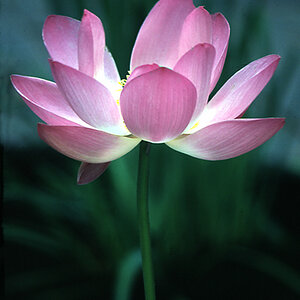
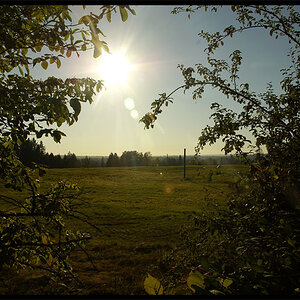
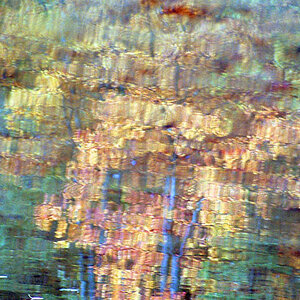
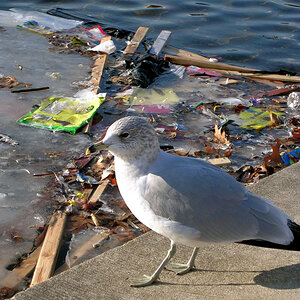

![[No title]](/data/xfmg/thumbnail/41/41897-ea48d59eea1540d700b6e9051bce38da.jpg?1619739935)
